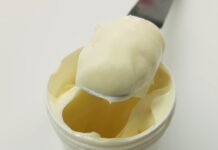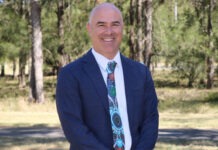Today, a visit to the pharmacy is likely to go beyond the supply of medicines to include a possibly detailed discussion of their usage and potential problems, as well as an increasing number of clinical services such as prescribing medications for certain infections and allergies, and selected vaccinations.
These clinical activities that provide information and services have developed over several decades in response to the needs of the community and developed because of the concerted efforts of pharmacy educators and practitioners.
The idea of what was first called ‘office-based pharmacy’ was being promoted in the 1970s by practitioners including Colin Trevena in Boorowa (NSW) and Eugene White, author of The Office-Based Family Pharmacist (Berryville VA, USA, 1978). Alan Polack, as Head of the Tasmanian School of Pharmacy, shared this vision and had the opportunity and commitment to carry this into effect.
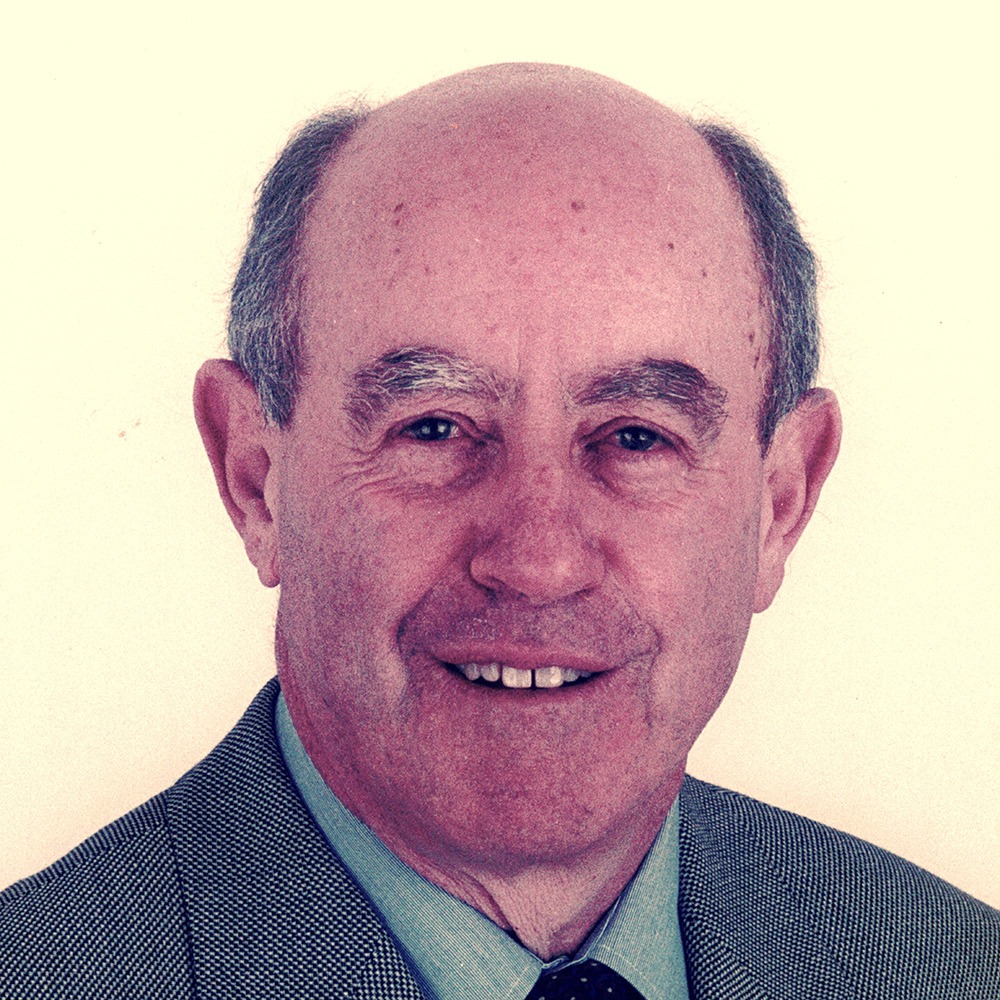
Life
Alan grew up in South Africa and studied pharmacy at Rhodes University (B.Sc (Pharm)). He was very opposed to the apartheid system which in the 1960s could bring trouble with the police so, after the passing of his mother, he went to the UK. In London he met Mary Moore, a Tasmanian pharmacist, and they kept in touch after he moved to Australia for further studies (M.Pharm (Syd) and PhD (Adel)). He and Mary married in 1967 and moved from Adelaide to Hobart in 1971 where Alan joined the new tertiary-level School of Pharmacy at the Tasmanian College of Advanced Education. He became Head in 1973 and continued in that position after the school moved to the University of Tasmania in 1978, until he stepped down in 1995. Mary Polack began a successful career in the Pharmaceutical Society where, amongst other achievements, she pioneered the Self Care Program and was in 2007 awarded the Medal of the Order of Australia (OAM).
Alan had a passionate vision for Australian community pharmacy that seemed quite fanciful at the time. In part, it was influenced by study leave in the USA, seeing their clinical pharmacy services (mainly in the hospital setting) provided by growing numbers of PharmD graduates. As the Head of School, Alan drove the practice focus of the BPharm course. Key to this were two clinical specialists. Bill Friesen, a Canadian with experience working in the USA with PharmD clinical pharmacists, gave university courses in pathology and therapeutics. George Taylor, who had developed clinical expertise as a pharmacist working on wards at the Royal Hobart Hospital, took students on rounds for their practical experience. In addition, students increasingly spent significant hours in placements in community and hospital pharmacies. This was made possible by the many pharmacists who took on the role of tutor in a generous contribution to the development of their profession. The Tasmanian School was well ahead of others nationally in this respect, with our graduates highly regarded.
Teaching
Alan will be fondly remembered by many in the pharmacy profession. His legacy is deeply woven into the BPharm program here at UTAS, where his vision and strategic foresight helped shape clinical pharmacy services in Australia. At a time when his ideas seemed bold, Alan made decisions that ultimately transformed the profession, laying foundations that continue to influence pharmacy practice today. His lectures were often stimulating and wide-ranging, where the subject matter was sometimes secondary to the lively and provocative discussions he inspired. Alan’s dedication to pharmacy education and research was matched only by his enthusiasm for engaging minds and challenging norms.
His engagement with students is perhaps best illustrated by his rather charged relationship with two students, who can be called ‘Shane’ and ‘Mark’, who introduced a certain playful irreverence into his lectures. Despite this, Alan attempted to teach them how to play golf, but apparently without outstanding success. However, both students succeeded in their subsequent professional lives, in pharmacy practice and academia (Clin Assoc Prof Shane Jackson and Prof Mark Naunton, both current national Board directors of PSA).
Research
Alan was passionate about drug – plastic interactions, on which he had done his PhD, and fostered the progress of many PhD students, often in collaboration with Michael Roberts. He encouraged research in other fields of pharmaceutical science and pharmacy practice, often in collaboration with other disciplines. As with education, Alan’s research contributions will not be forgotten.
Sporting
Alan will be remembered for his unwavering passion for the Melbourne Football Club, his early years as a gifted cricketer playing County Cricket in the UK, a talented squash player and later as a keen golfer.
Alan passed away on Monday, 14 July, 2025, after a short illness. Mary had passed away on 28 December 2021. They were a highly successful couple who contributed greatly to the pharmacy profession in Tasmania and nationally. They are survived by their daughter, Fiona, son-in-law Rob, and granddaughter, Susannah, who live in St. John’s, Canada, and their son, John, who lives in Hobart.
Tributes
Here are two of the many tributes from his former students and colleagues.
‘There are lots of stories all of us could tell but, perhaps, the take home message I think all of us would agree on is that Alan provided us with positive and inspirational leadership that enabled our small school to be at the national forefront in experiential pharmacy student learning – through practitioner involvement, structured work placements, student and cognate discipline engagement, an interactive cutting edge curriculum, judicious staff appointments and the promotion of cutting edge research.’ – Professor Michael Roberts
‘He was indeed a great academic who made a difference as well as being a genuinely nice bloke.’ Professor Lloyd Sansom



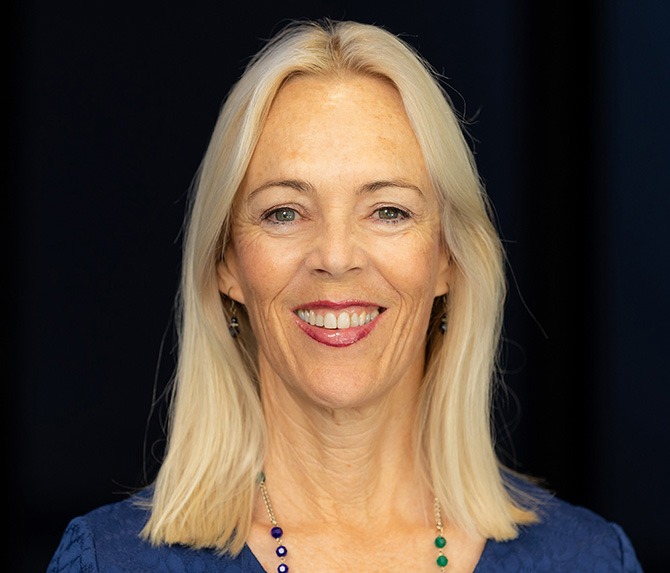 Professor Clare Collins[/caption]
Professor Clare Collins[/caption]
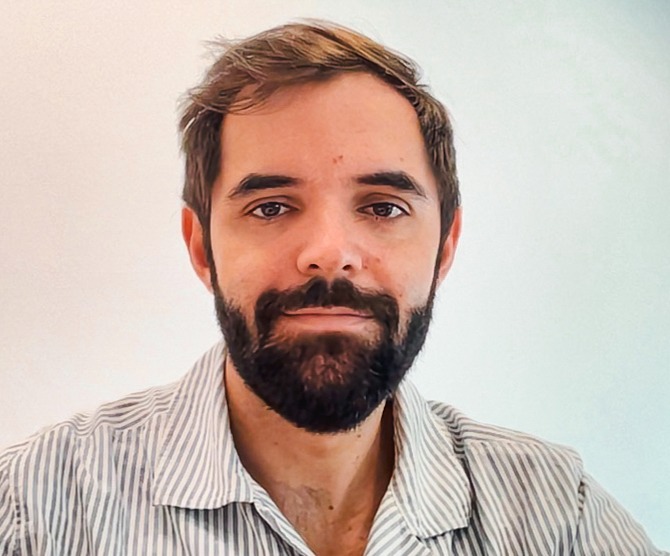 Associate Professor Trevor Steward[/caption]
Associate Professor Trevor Steward[/caption]
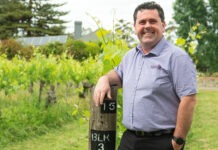
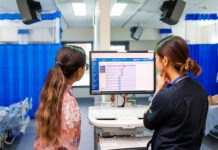
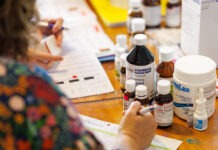
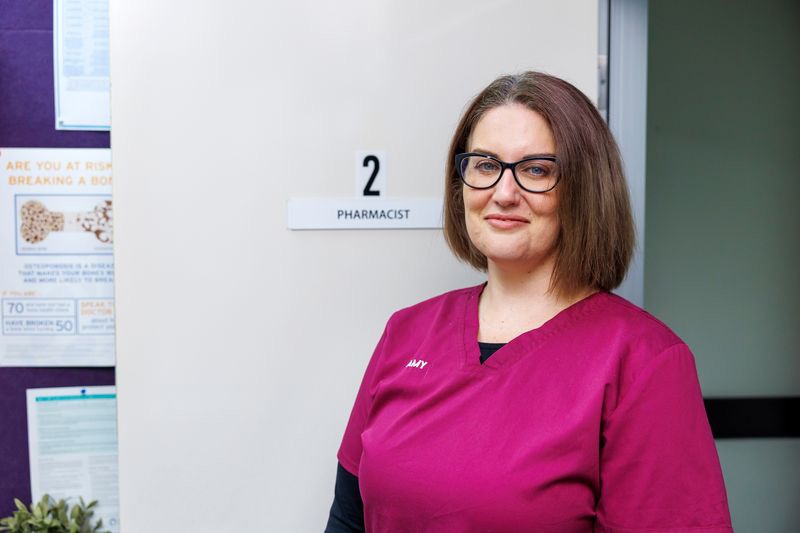 Amy Gibson MPS[/caption]
Amy Gibson MPS[/caption]
